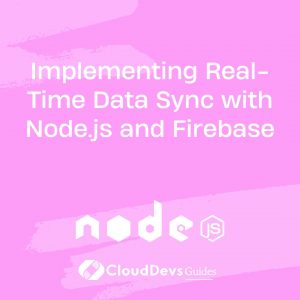Node.js Q & A
Can Node.js be used for database operations?
Yes, Node.js can be used for database operations. Node.js has a rich ecosystem of database drivers and libraries that allow developers to connect to and interact with various databases. These libraries provide asynchronous, non-blocking APIs that are well-suited for handling database operations in Node.js applications.
Using Node.js for database operations offers several benefits:
- Asynchronous I/O: Node.js’s asynchronous nature makes it ideal for handling I/O-bound tasks such as database operations. By using non-blocking APIs, Node.js can handle multiple database requests concurrently without blocking the event loop.
- JavaScript Everywhere: With Node.js, developers can use JavaScript for both server-side and client-side code, allowing for consistency and code reuse across the entire application stack.
- Performance: Node.js’s event-driven architecture and lightweight runtime make it highly performant for handling database operations, especially in applications with high concurrency and throughput requirements.
- Ecosystem: Node.js has a vibrant ecosystem of database drivers and ORMs (Object-Relational Mappers) that support a wide range of databases, including relational databases like MySQL, PostgreSQL, and SQLite, as well as NoSQL databases like MongoDB, Redis, and Cassandra.
Node.js is well-suited for database operations and is widely used in building data-intensive applications such as web applications, APIs, and real-time applications.

Previously at


Argentina

GMT-3
Experienced Principal Engineer and Fullstack Developer with a strong focus on Node.js. Over 5 years of Node.js development experience.



